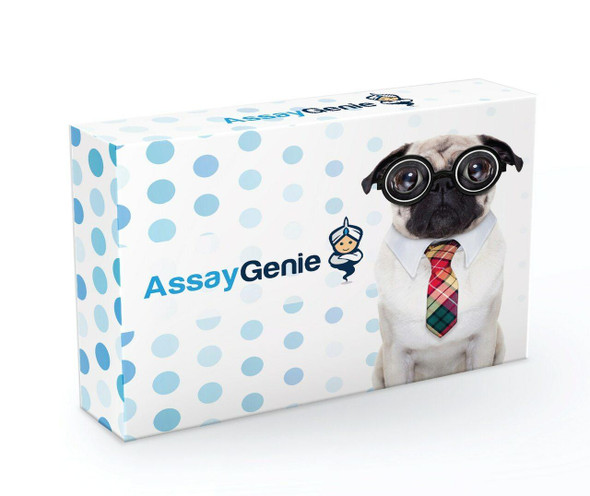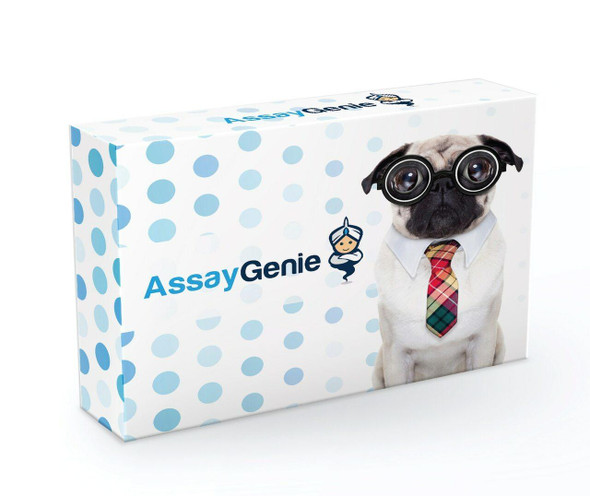IFN g Monoclonal Antibody [NYRhIFNg] (CPAB0030)
- SKU:
- CPAB0030
- Product Type:
- Antibody
- Antibody Type:
- Monoclonal Antibody
- Reactivity:
- Human
- Host Species:
- Mouse
- Isotype:
- IgG2a
- Clone:
- NYRhIFNg
Description
IFN g Monoclonal Antibody [NYRhIFNg] (CPAB0030)
The IFN-γ Polyclonal Antibody (CPAB0030) is a valuable tool for researchers studying interferon-gamma (IFN-γ) signaling pathways and immune responses. This antibody, raised in rabbits, is highly specific and reactive with human samples, making it ideal for use in various experimental techniques such as Western blotting.IFN-γ is a key cytokine involved in modulating immune responses, particularly in the activation of macrophages and the regulation of T cell function. By targeting IFN-γ, researchers can gain insight into the mechanisms underlying immune activation and inflammatory processes.
The IFN-γ Polyclonal Antibody enables the detection and analysis of IFN-γ protein levels in different cell types, providing valuable information for studies in immunology, infectious diseases, and cancer research. Understanding the role of IFN-γ in immune system regulation is critical for developing targeted therapies for various diseases where immune dysregulation plays a significant role.
| Product Name: | IFN g Antibody |
| Product Sku: | CPAB0030 |
| Size: | 500μg |
| Host Species: | Mouse |
| Immunogen: | r.Human IFN-g |
| Clone: | NYRhIFNg. |
| Reactivity: | Human |
| Applications: |
| Purification Method: | Ion exchange |
| Isotype: | IgG2a |
| Background: | IFN-gamma produced by lymphocytes activated by specific antigens or mitogens. IFN-gamma, in addition to having antiviral activity, has important immunoregulatory functions, it is a potent activator of macrophages, and has antiproliferative effects on transformed cells and it can potentiate the antiviral and antitumor effects of the type I interferons. |
| Synonyms: | Immune Interferon, type II interferon, T cell interferon, MAF, IFNG, IFG, IFI, IFN-gamma. |
| Storage Buffer: | In lyophilized form, for long periods, store at 4C in a dry environment. After reconstitution, if not intended for use within a month, aliquot and store at -20C. |







